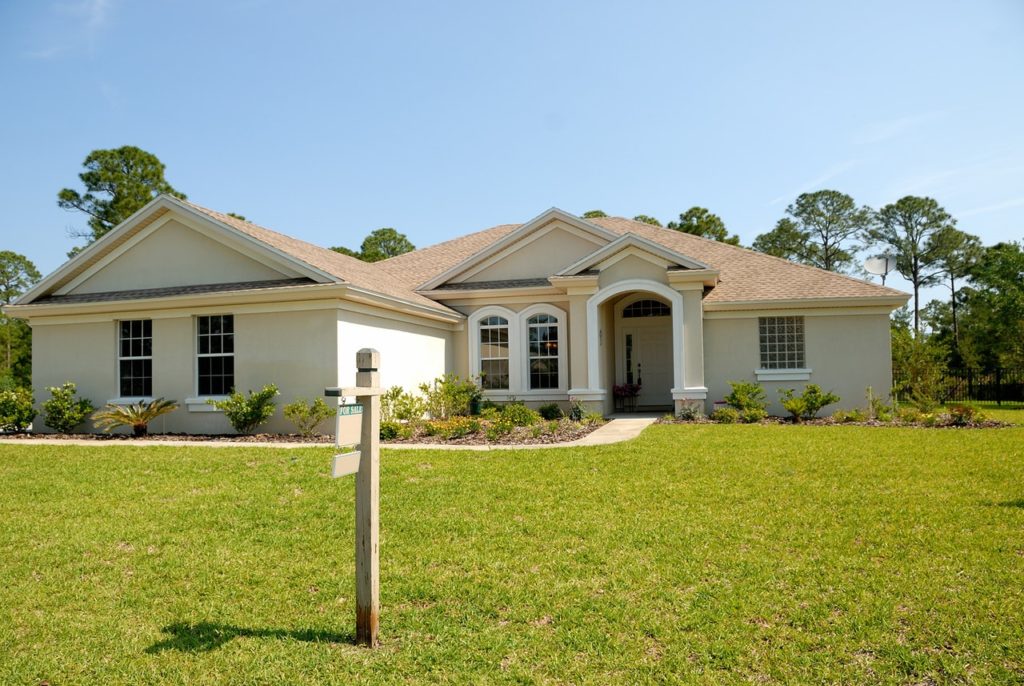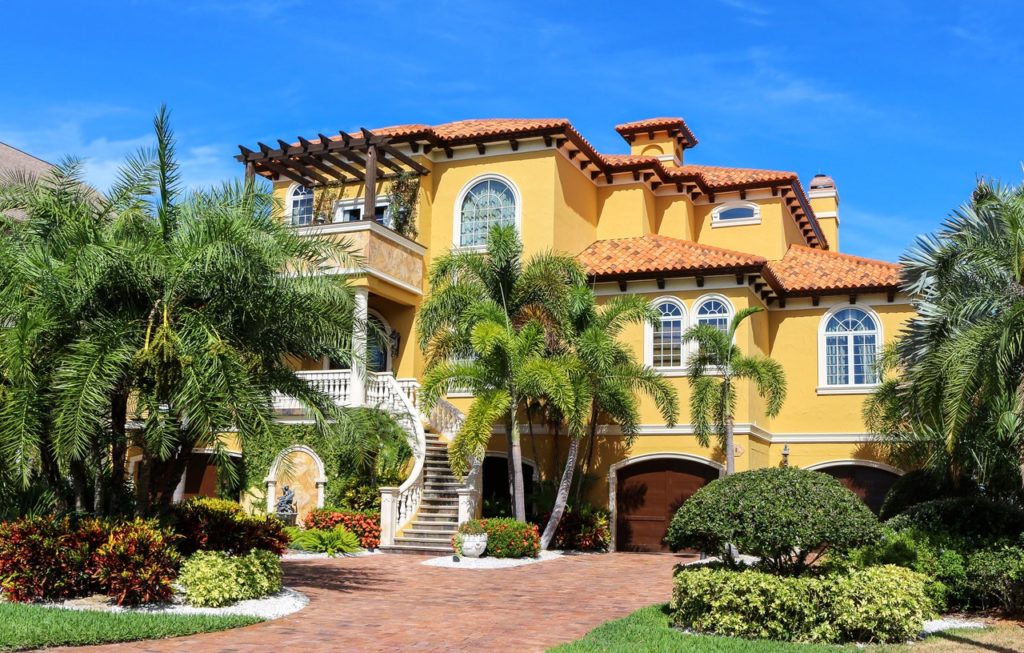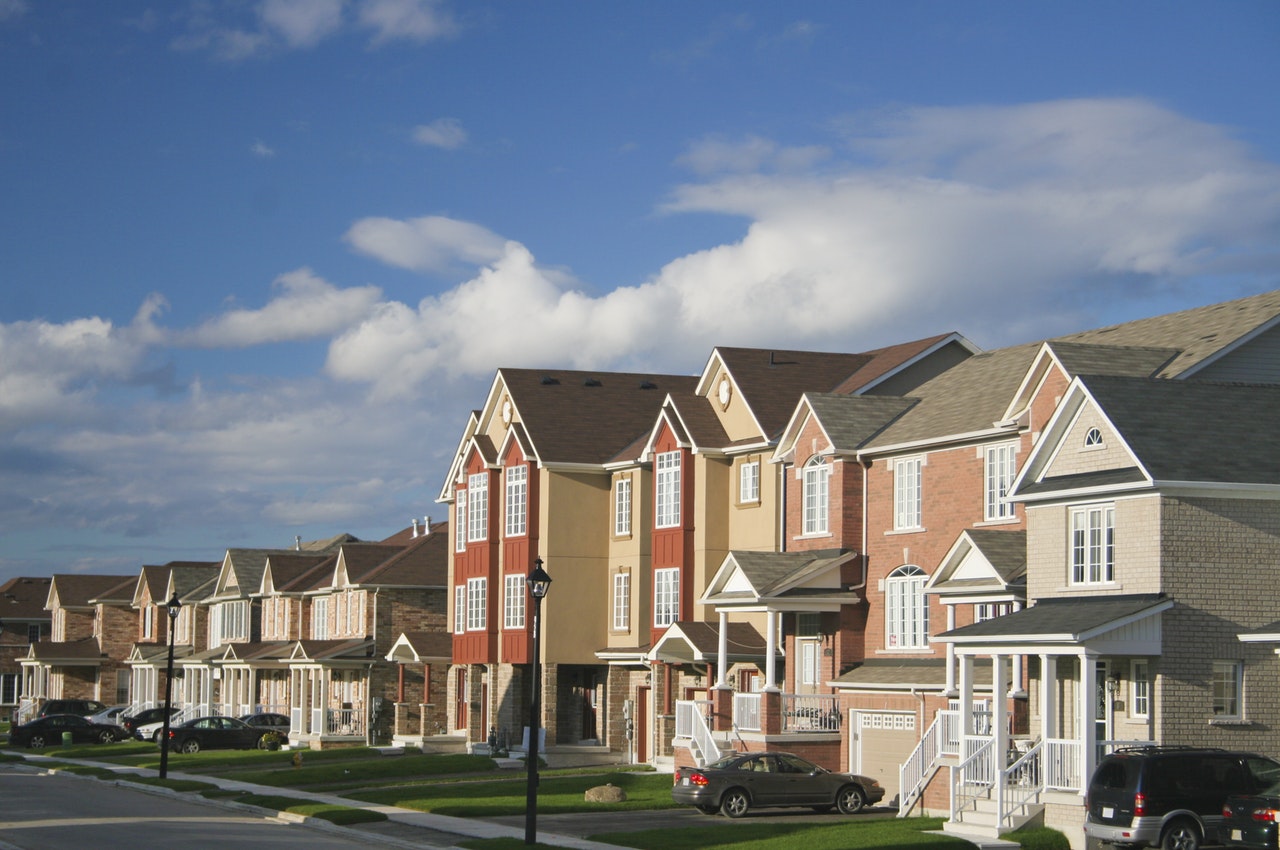An expert on personal finance, Don Gayhardt serves as the president and chief executive officer of short-term financial services provider CURO Financial Technologies Corp. CURO focuses primarily on providing services to unbanked and underbanked consumers. Many of the people that Don Gayhardt works with are working to take control over their finances and begin saving money for future goals through investment. Because many beginning investors find stocks overwhelming, they tend to choose real estate as their first investment.
While investing in properties can prove very lucrative, individuals need to undertake a lot of research to ensure that they are making the right decisions. Here are some questions to ask about a particular property before investing in it.
-
What is the neighborhood like?
Neighborhood is extremely important because it will influence how much rent investors can charge as well as the type of tenants they might attract. Purchasing a home close to a university, for example, often means that the tenant turnover rate will be high, as students will likely be living in the area only temporarily. Some of the other elements to consider about a particular neighborhood include crime, amenities, and job market. Before purchasing a property, investors should look at crime rates and trends, especially if rates seem to be falling or dropping. Amenities include parks, gyms, entertainment venues, and shopping centers. Areas with growing job markets tend to attract more tenants as people relocate for a new position. Job market data is available through the US Bureau of Labor Statistics.
-
What is the real estate market like?
Rental income is the primary source of return on a property investment. Thus, individuals need to look at comparable rental properties in the area to get a sense of how much they can make. That amount should cover the mortgage, taxes, and other expenses. Ideally, investors make money on the property before the mortgage is paid off, which also provides a buffer for unexpected expenses.

To get a sense of the market, potential investors should also look at current listings as well as the number of vacancies. Sometimes, a high vacancy rate can signal a seasonal cycle, but other times it means that the neighborhood has become undesirable. If the area is prone to seasonal fluctuations, individuals should make sure that they can continue to make ends meet with a month or two of vacancy.
-
What kind of work does the property need?
First-time investment property buyers often look for properties that are fixer uppers. After all, these properties are typically priced well below the market. The problem is that people tend to spend much more money on renovations than they expect. Unless individuals have the knowledge to take on the vast majority of renovations themselves or they know contractors willing to do the project cheaply, they should focus on properties that need only minor fixes yet are still priced below market value.
-
What will the cost of operations be?
Investors need to make sure that a deal does not end up costing them money in the long run. For that reason, individuals should always make a thorough budget before purchasing any property. Owning a property involves handling a number of expenses that add up, such as garbage fees, water bills, and utilities. In addition, owners who want property management companies to handle the property need to figure that cost into the total operating expenses. Sometimes, legal fees related to evictions will need to be accounted.
Furthermore, investors should be aware of potential large expenses, such as a new roof or a new cooling system for the home. Another major expense is property tax. Some investors use the 50-percent rule, meaning that they should expect half of rental income to go toward operating expenses. As such, the mortgage should be less than half of the rent to be profitable.
-
What is the required down payment?
The rules about financing a rental property are different than for a home, which can surprise some novice investors. Because individuals cannot take out mortgage insurance for a property they do not personally live in, the required down payment is typically at least 20 percent of the total cost, at least for traditional financing. However, putting a larger amount down can secure a better interest rate and net a greater return in the long run.

Loan costs are also a factor since they tend to be higher with investment properties than with homes that individuals will occupy themselves. One option is to purchase an owner-occupied rental, such as a duplex, or to rent the home that the investor currently owns and purchase a new property to occupy. This strategy can get a better interest rate.
-
What other options are available?
Purchasing a home is not for everyone since it involves a great deal of research and a significant investment of time to maintain. While a management company can help, this option eats into profits. Before making a purchase, individuals may want to think about other investment opportunities and their potential for returns. People who want to stay in the real estate industry can look into real estate investment trusts (REITs), which are sort of like stocks in companies that purchase property. General and specialized REITs are a great way to invest in real estate without all of the direct responsibility involved with property ownership.

